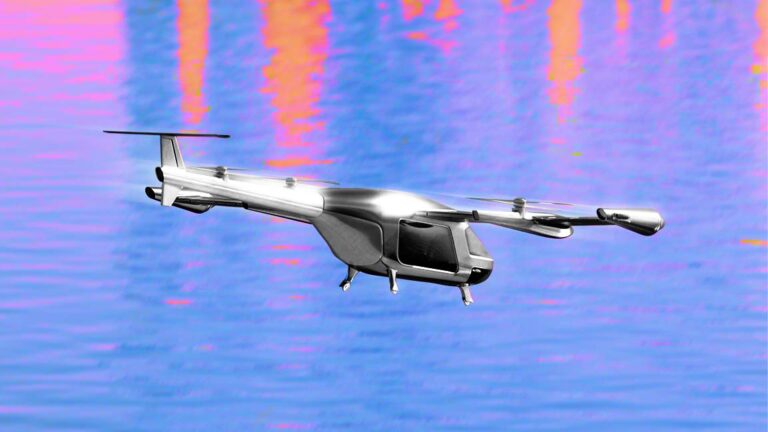The Ras Al Khaimah Transport Authority (RAKTA) and Ras Al Khaimah Tourism Development Authority (RAKTDA) have signed a forward-thinking Memorandum of Understanding with Skyports Infrastructure (Skyports), a company spearheading the development of vertiport infrastructure for electric air taxi services.
Initiating a collaboration aimed at advancing sustainable tourism through electric air mobility, this MoU signifies Skyports’ commitment to constructing a network of vertiports linking key attractions across Ras Al Khaimah. This move aims to position the Emirate as a destination of the future, aligning with RAKTA’s Strategic Plan 2030.
Under the agreement, the parties will jointly design, construct, and manage Ras Al Khaimah’s inaugural electric vertical take-off and landing (eVTOL) air taxi ecosystem, with commercial operations slated to commence by 2027.
This groundbreaking project will seamlessly integrate Skyports’ vertiport infrastructure with RAKTA’s existing transport network, offering rapid and eco-friendly transport to Ras Al Khaimah’s premier areas and attractions, including Al Marjan Island, Al Hamra, and Jebel Jais, the UAE’s tallest peak.
Tourists and residents visiting these destinations will benefit from significant time savings with this service. For instance, the journey from Al Marjan Island to Jebel Jais currently takes approximately 70 minutes by car. The introduction of air taxi services will reduce the travel time to less than 20 minutes.
The vertiport network will revolutionize transportation in the Emirate and support its goal of responsibly attracting 3.5 million visitors annually by 2030.
By offering zero-emission transportation alternatives, the Emirate reaffirms its commitment to environmental sustainability and responsible development. This vision resonates with Skyports’ ethos, which prioritizes integration with existing public transit networks to promote greener transportation.
Moreover, this initiative directly addresses the urgent need for innovative solutions to reduce carbon emissions in ground transportation, a sector responsible for 40% of greenhouse gas emissions in the travel and tourism industry, as highlighted by the World Travel and Tourism Council (WTTC). Additionally, it will unlock future opportunities for integration with air taxi networks across the UAE.
Esmaeel Hasan Al Blooshi, Director-General of RAKTA, stressed the importance of partnership in transforming transportation in Ras Al Khaimah. By introducing electric air mobility, they aim not only to connect tourists to attractions but also to chart a sustainable course for the Emirate, in line with their 2030 strategic plan to enhance accessibility while minimizing environmental impact.
Raki Phillips, CEO of RAKTDA, outlined the authority’s plans to establish infrastructure for an electric-powered transit system over the next two years, reshaping tourist experiences while remaining committed to sustainable tourism objectives.
Duncan Walker, CEO and founder of Skyports, expressed enthusiasm for collaborating with leading transport and tourism entities in Ras Al Khaimah to launch electric air taxi services. This partnership underscores their dedication to providing essential infrastructure for zero-emission aviation across the UAE.


